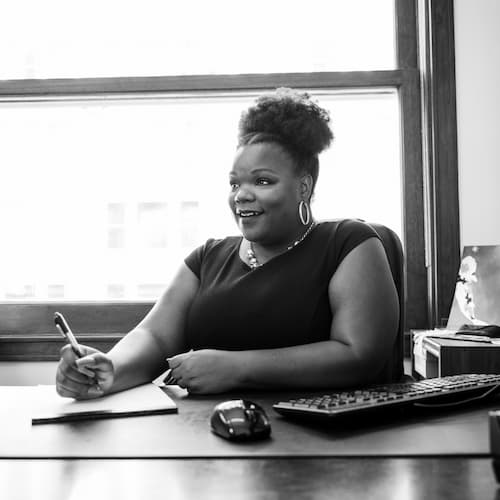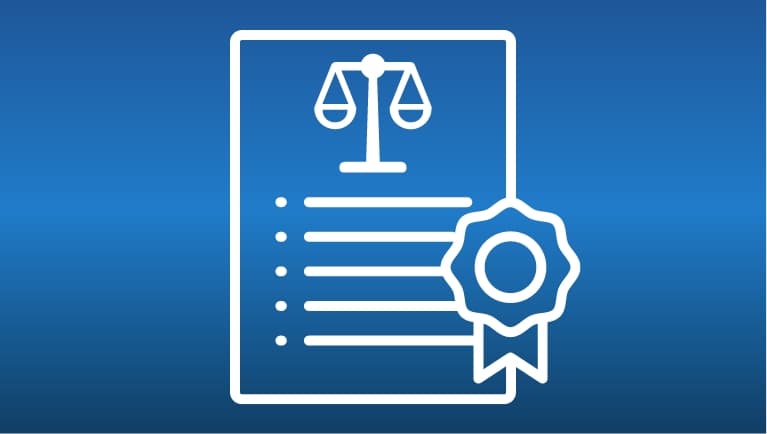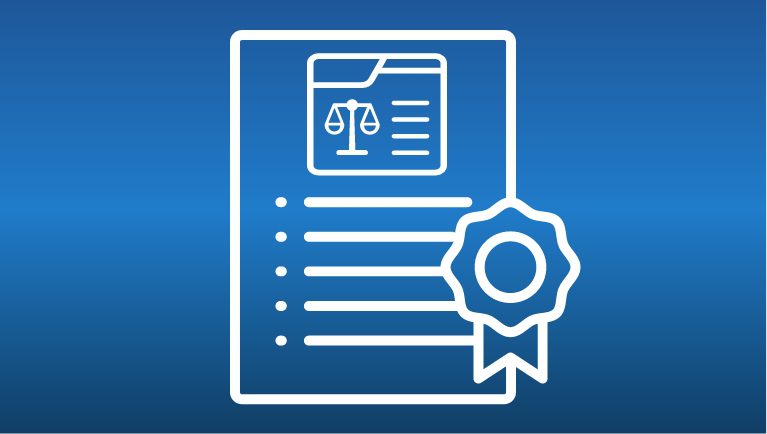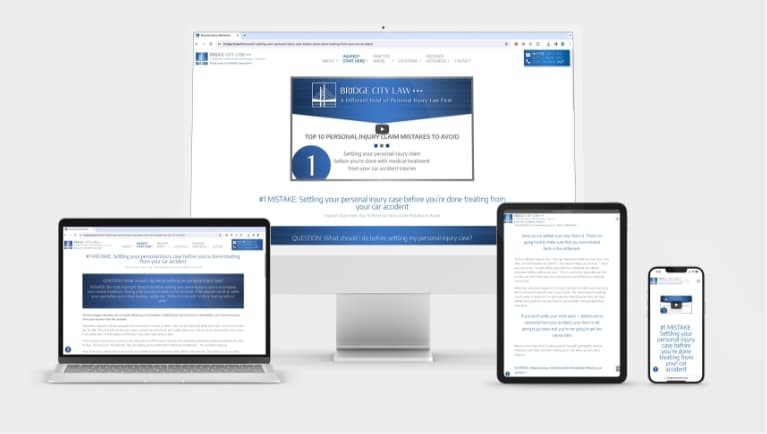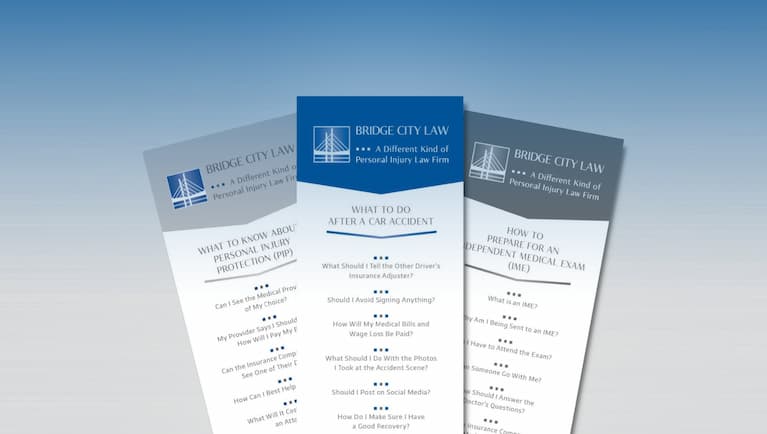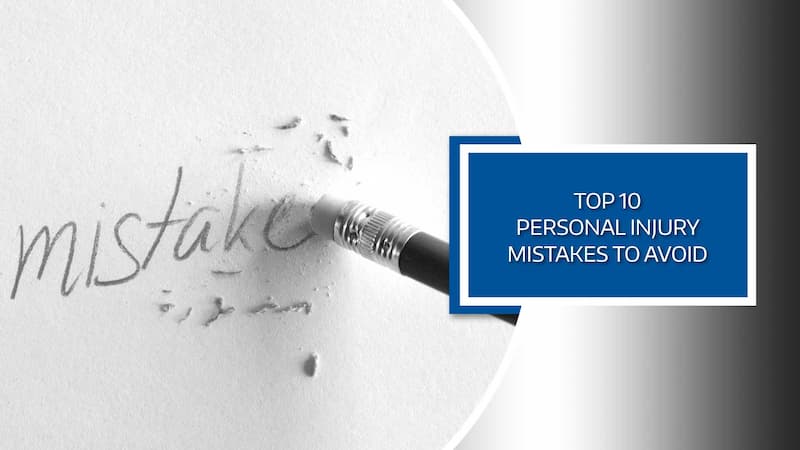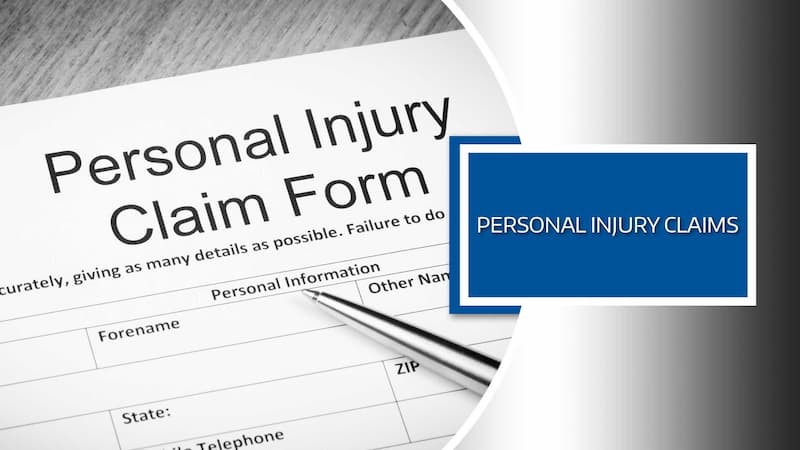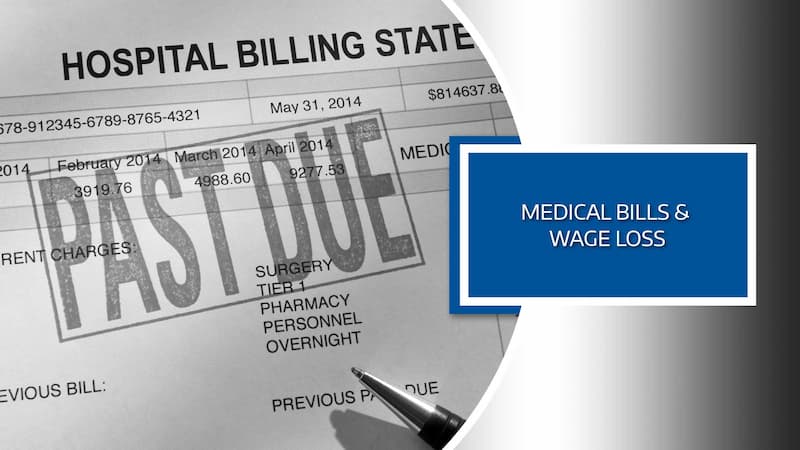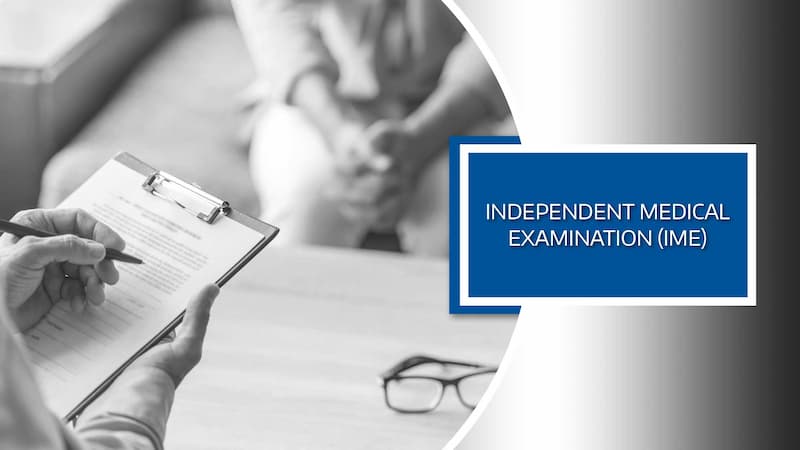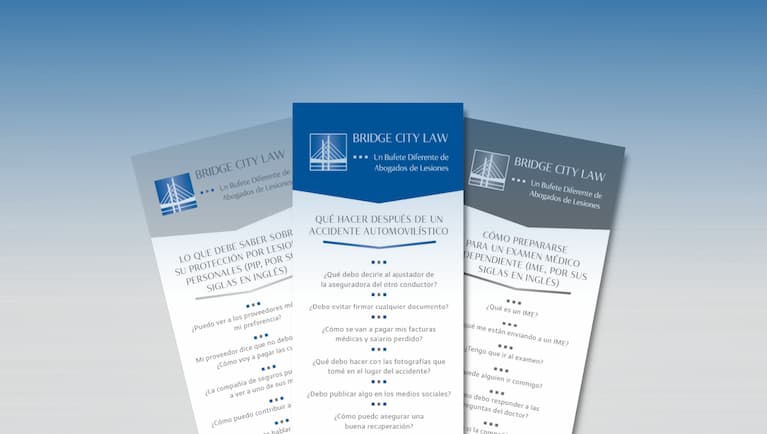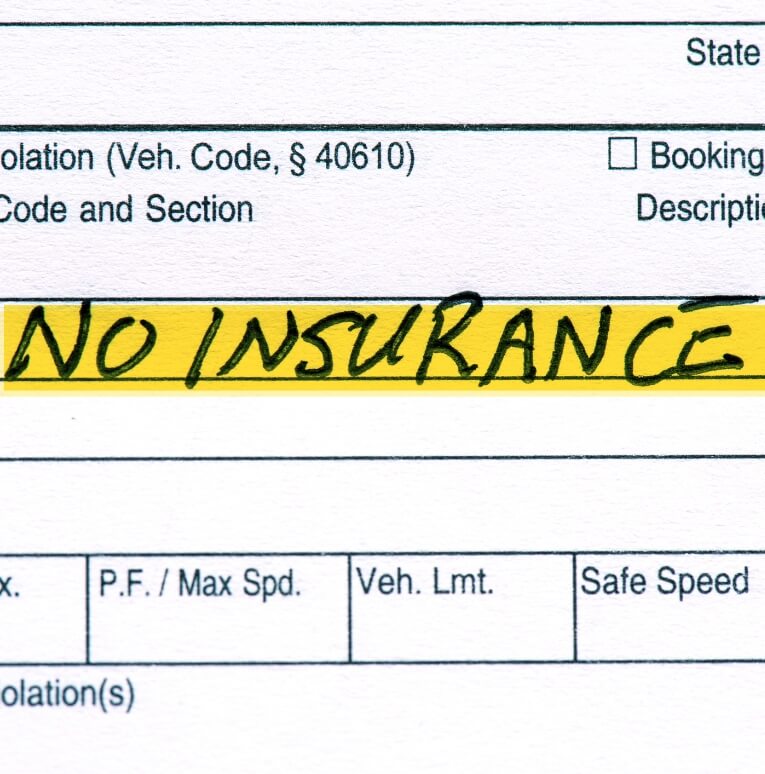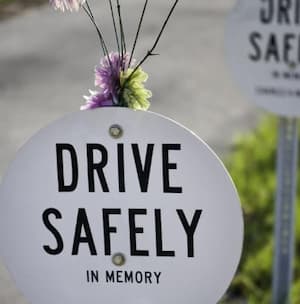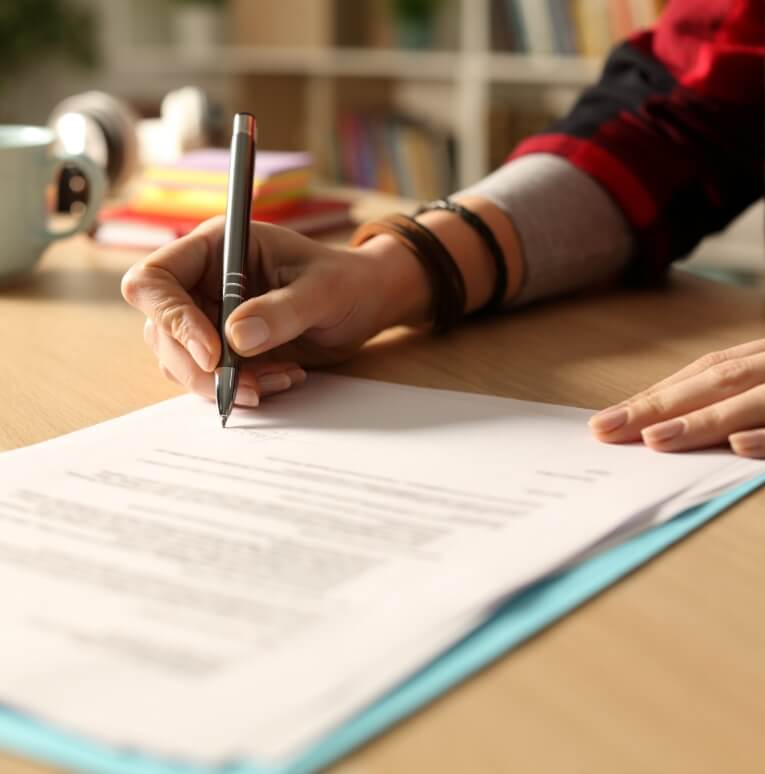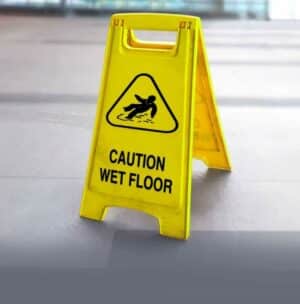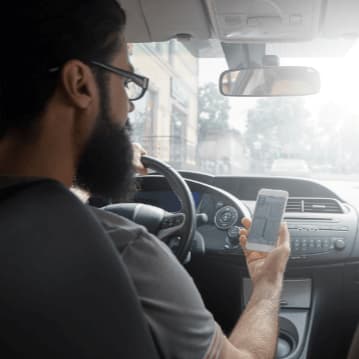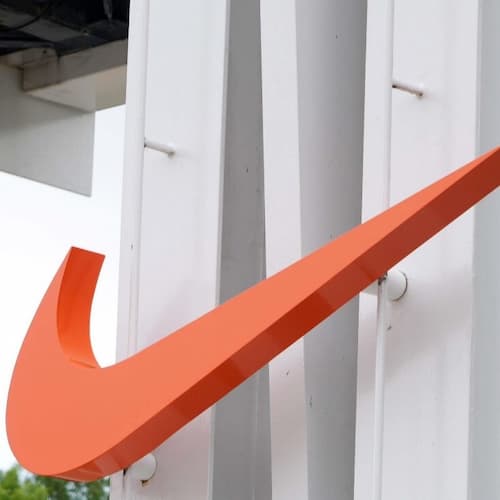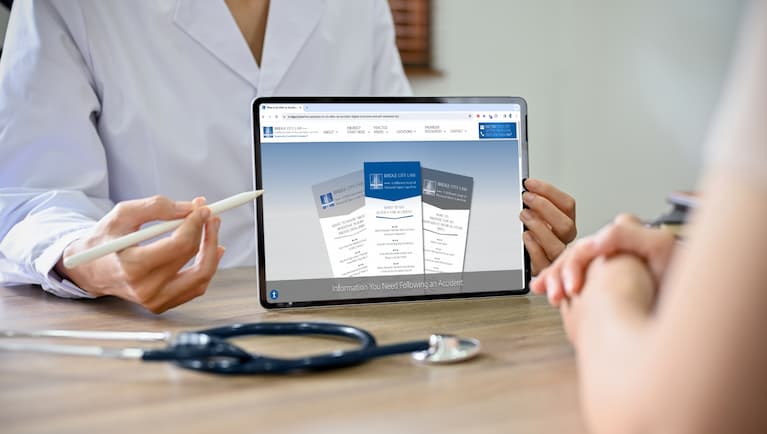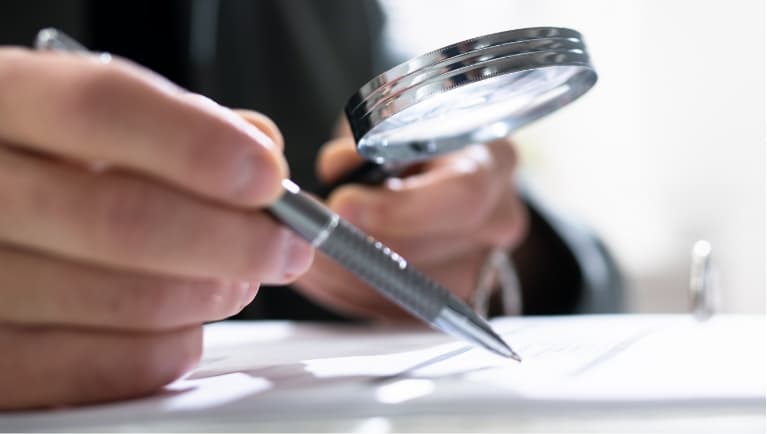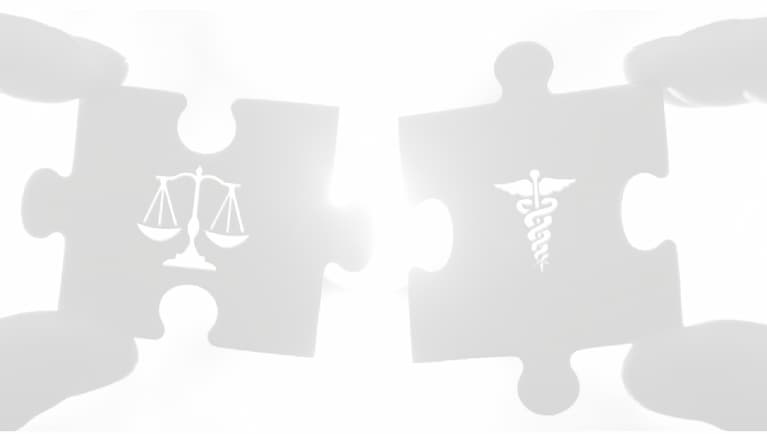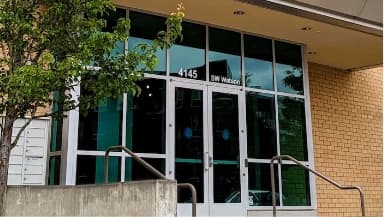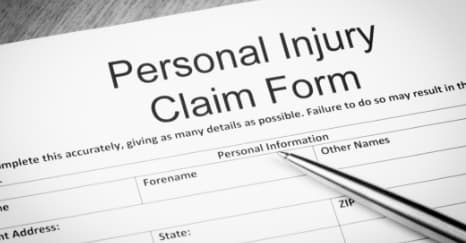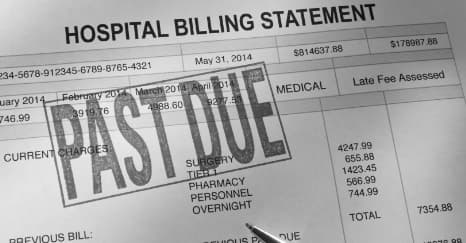TOP 10 PERSONAL
INJURY CLAIM
MISTAKES
TOP 10 PERSONAL INJURY CLAIM MISTAKES
to Avoid After a Car Accident
Following are the 10 most common mistakes people make, who have been injured in a car accident. We’ve written a brief article and recorded a 2-minute video explaining each of the 10 mistakes we see most often and what to do and not do so that you get the medical care you need for your injuries, to have a speedy and full recovery and how to protect your personal injury claim.
VIDEOS
ARTICLES
1. Settling your personal injury case before you're done with medical treatment from your car accident injuries
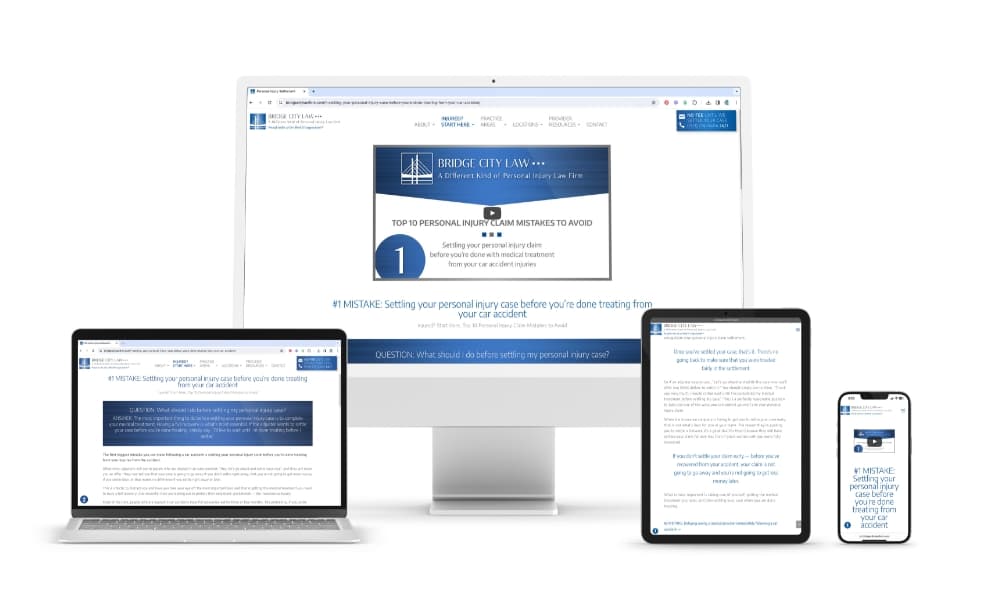










Too often we see people injured in a car accident settle their claim within a week or two of being injured for just $500, $1000 or $1500. Initially, it sounds like a lot of money , but if it takes you five or six months — or longer to recover, you will quickly realize you should’ve waited to settle your claim until you were done with your medical treatment. While most people make a full and speedy recovery, you want to protect yourself if it takes longer than you thought to recover.
The insurance company counts on you not knowing the risks you’re taking by settling your claim before your medical providers release you from their care. What’s most important is to prioritize your health. Let the insurance adjuster know that you’re going to finish treating your auto accident before discussing your settlement.
2. Delaying seeing a medical provider immediately following a car accident
Not being examined as soon as possible after an auto accident can cause several problems. First, it will delay you from having a speedy recovery — or worse, it will prevent you from having a full recovery from your injuries. Second, if you wait too long to see a healthcare professional, the insurance company will say that if you were really hurt you would have seen a provider and immediately began treatment, or more detrimental to your claim that another event happened that caused your injuries and need for treatment.
Take good care of your health, and get the medical treatment you need without delay. When you take care of yourself, you’re also taking care of your personal injury claim.
3. Not following your medical provider's advice after a car accident
To ensure that you have a quick and full recovery, it’s important to follow your medical provider’s advice — whether it be how often to see them, following through with any referrals they give you, or doing your daily stretches and exercises.
When patients fail to follow through with their provider’s care plan, that will be written in your medical record — your chart notes. This creates two problems. First, it’s not helping you recover from your injuries.. Second, the insurance companies will say that your recovery either took too long or you didn’t have a full recovery because you didn’t follow your healthcare professional’s guidance..
The important thing is to not give the insurance company ammunition to say you were the cause of a prolonged recovery, or that not having a full recovery was your fault because you didn’t follow your provider’s advice. If there is anything in the chart notes that insurance companies can use against you — they will.
4. Providing a recorded statement to the other driver's insurance company without first speaking to an attorney
We’ve seen all too often that giving a recorded statement to the at-fault driver’s insurance company is used against our clients. When the other person’s insurance company asks for a recorded statement about the details of the accident and your injuries, it is about more than setting up your claim. The adjuster is looking for any information you may give them, or forget to tell them, that they can use against you to stop your medical payments and during the settlement of our claim — especially when it comes to your injuries and similar prior complaints.
It may feel like you’re being unreasonable for not wanting to give a recorded statement — it’s important to remember that there is nothing wrong with protecting yourself.
You can simply say to the insurance adjuster “Let’s set a time for me to give a statement the day after tomorrow.” In the meantime, talk to an experienced attorney. They will give you advice on the ground rules to follow, and dos and don’ts when giving a recorded statement to an insurance company. An attorney who specializes in personal injury law can also let you know if there are problem areas that need to be looked into more closely so that you’re taking the best possible care of your personal injury claim.
You’re not being uncooperative — which is what an insurance company may tell you. You’re simply making sure you’re not being taken advantage of.
If you do give a recorded statement, before talking with an attorney, limit what you say to how the collision happened — and not any information about your injuries from the car accident or any prior injuries.
5. Signing a medical authorization release for the other driver's insurance company
It’s not unusual for the at-fault insurance company’s adjuster to ask you to give them permission to get your medical records soon after the accident. You do not want to sign a medical record release authorization from the other person’s insurance company until you’re completely done treating.
When the adjuster requests your medical records before you’re done treating, they’re not using them to evaluate your claim. They use any information from your medical records they can against you by calling your PIP adjuster and telling them that based on reviewing your medical records, they’re not going to pay for any more medical treatment. That causes your PIP carrier to stop paying for your medical treatment.
When you tell the adjuster that you want to wait to sign the medical release, they will often say that they need the information to evaluate your claim. While it is true, they don’t need your medical records until you’re done treating. Simply tell them you will sign the release when your medical providers say you’re ‘medically stationary.’
You’re not being uncooperative by waiting to sign a medical record release. You are protecting yourself by waiting until you’re done treating.
6. Not telling your medical providers about any previous similar medical problems or issues prior to your car accident
It’s critical to let your medical providers know about any past car accidents, similar injuries, or treatment you’ve had — even if you made a full recovery.
An accurate medical history can become a surprisingly important factor in your personal injury claim. The more information your provider has, the better they can treat you and help you should the insurance company challenge your medical treatment.
Take the time to think over whether you were treated in the past by a chiropractor, massage therapist, acupuncturist, or physical therapist. Have you had any past auto accidents or on-the-job injuries? It can also be helpful to ask a family member or a close friend if they remember something that you might have forgotten.
Your healthcare professional having your full medical history will help you and your claim.
7. Posting information about your car accident on social media
Whether it’s Facebook, Instagram, Twitter, or any other social media platform, insurance companies will search through your social media activity to find anything you’ve said or pictures you’ve posted and use whatever they find against you.
If you have social media accounts, change your account settings to private — that way the insurance company will have a harder time accessing your information.
There is nothing wrong with making a general statement that you were injured in a car accident. What you want to avoid is making specific statements about how the collision happened or any information about your injuries and the treatment you’re getting. Minimize photos of you participating in activities. The insurance company will use your photos and what you write in your posts out of context and use it against you. If you want to communicate specific information, call your friends or family members and tell them personally.
Make sure you’re taking care of yourself and your personal injury claim, and not inadvertently helping the insurance company, by limiting what you post on any of your social media pages.
8. Losing track of the other driver's contact information and photos from the car accident
It’s all too easy to lose the other driver’s and witnesses’ contact information, photos from the scene of the car accident and of the cars involved in the accident. If you’re storing the contact information and photos on your phone, make sure you have a backup somewhere. If you lose or break your phone, you will have lost information that can be critical to your personal injury claim. We’ve seen this happen too often.
If you don’t back up your phone, put a paper copy of the information and printed photos in a safe place in case you need it. You never know when that information will make all the difference.
9. Not having a medical provider coordinating your treatment following a car accident











Chiropractors, Naturopaths, Acupuncturists, Massage Therapists, and Physical Therapists all provide tremendous help in your recovery, provided one of your healthcare professionals is overseeing your overall treatment.
While $15,000 of PIP benefits to pay for your medical treatment sounds like a lot of money, it can be surprising how quickly the benefit amount becomes depleted. The critically important consideration is not running out of PIP coverage before you’re done with your medical treatment from your car accident. This can happen when there is not one provider coordinating your care.
If the healthcare professionals you’re treating with are all in the same office, there is nothing to worry about. However, if your providers are in different offices and don’t work together as a team, the important thing is to make sure you have one provider coordinating your care, to prevent the depletion of your PIP benefits before you complete your treatment and have a full recovery.
10. Not talking with an attorney before settling your personal injury case
Even if you were injured in a car accident, you may not need an attorney to represent you. It doesn’t always make financial sense to hire an attorney, but it always makes good sense to talk with an attorney before having any conversations with an insurance company. Personal Injury Attorneys provide a no-fee, no-obligation initial consultation and they can help you determine if you need an attorney or not — and if you don’t, they will provide advice and guidance about how to navigate the personal injury claims process and how to protect your rights and your claim.
If it does make sense to settle your claim on your own, make sure you have the information you need to advocate for yourself. There are many ways you can short-change yourself by settling your own claim. The insurance company counts on it. Remember, the adjuster is a professional negotiator, they negotiate for a living!
By talking to a personal injury attorney, before you begin the negotiation process of settling your claim, you will understand what insurance companies do during the settlement process and what you can do to make sure you’re on equal footing when negotiating your own claim.
We will always advise you if it’s worth hiring an attorney and provide you with free advice about how to negotiate with the insurance company so you can have the best possible outcome from your personal injury claim.
MORE PERSONAL INJURY CLAIMS RESOURCES
If You’ve Been Injured in a Car Accident
We are here to be a bridge of support. If you have questions about how to navigate the personal injury claim process, we're happy to talk with you. Whether you're our client or not, we want for you to get the information you need to protect your rights and your claim.
Unsure if You Have a Case?
Contact us for a NO FEE Case Evaluation
"*" indicates required fields








